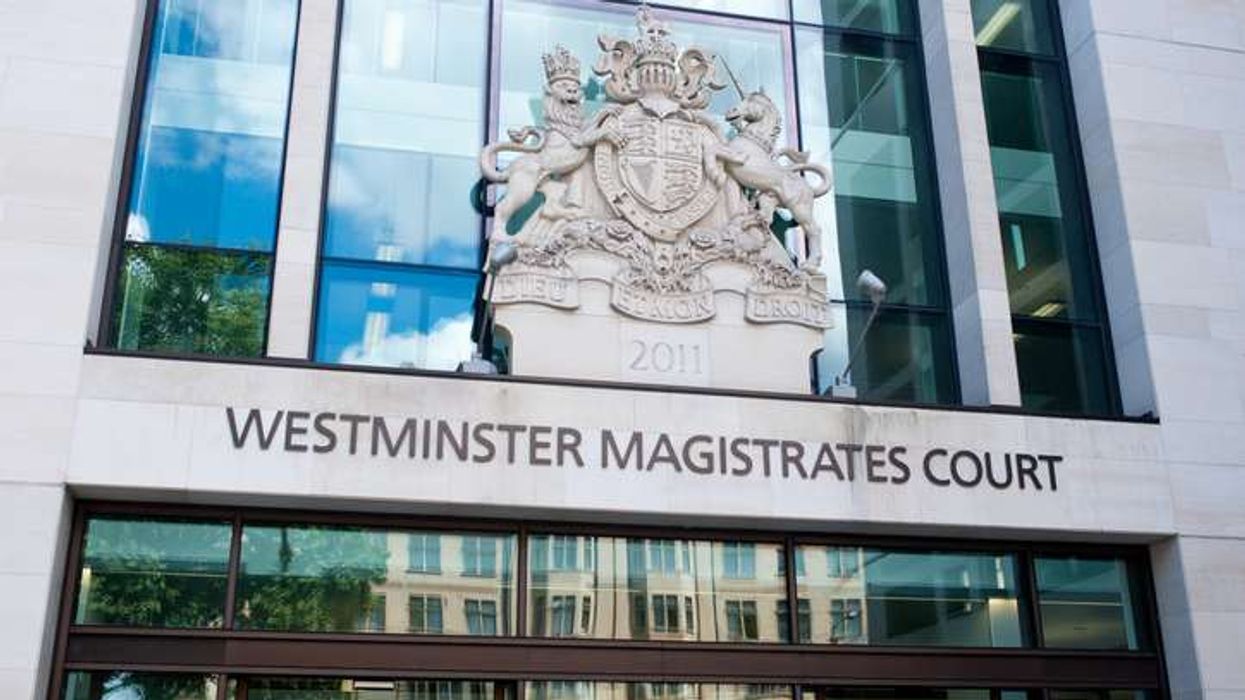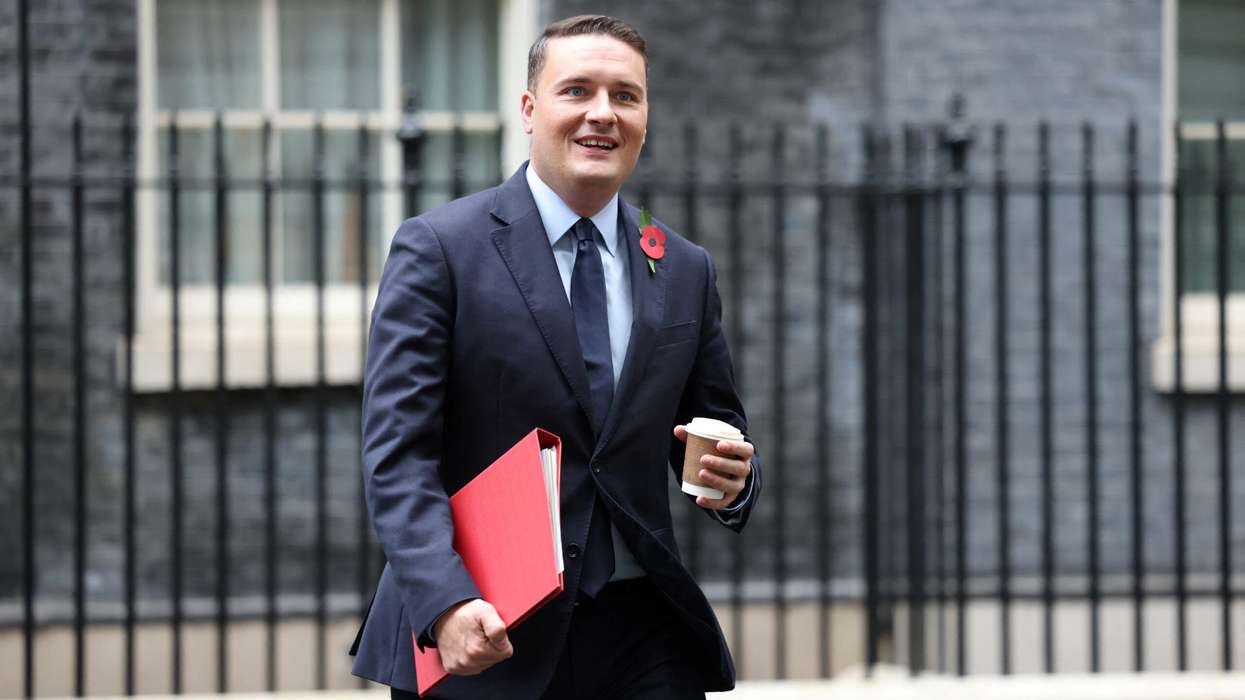A man who set fire to a copy of the Koran during a protest in London has been found guilty of a religiously aggravated public order offence, sparking debate over whether the ruling amounts to a revival of blasphemy laws.
Hamit Coskun, 50, shouted “f--- Islam” and “Islam is religion of terrorism” while holding the burning religious text above his head outside the Turkish consulate in Knightsbridge on 13 February. He was violently attacked by a passerby during the protest and later went on trial at Westminster magistrates’ court.
On Monday, he was convicted of using disorderly conduct in a way that was “motivated in part by hostility towards members of a religious group, namely followers of Islam”. He was ordered to pay a fine of £240.
Coskun, who is of Armenian-Kurdish descent and is currently seeking asylum in the UK, said his protest was aimed at what he described as the Islamist government of Turkish president Recep Tayyip Erdogan. He fled Turkey two and a half years ago, citing persecution.
The Crown Prosecution Service (CPS) stated that Coskun was not prosecuted for burning the Koran, but for the language and conduct accompanying the act in a public space. He was initially charged with harassing the “religious institution of Islam”, a charge later amended after legal concerns were raised.
District Judge John McGarva acknowledged flaws in the original charge, noting that Islam is not a person. However, he said the amended charge was not an attempt to reinstate blasphemy laws, which were abolished in the UK in 2008. He described Coskun’s actions as “highly provocative”, adding that they were accompanied by “bad language” and motivated “at least in part by hatred of followers of the religion”.
Addressing Coskun, the judge said: “You believe Islam is an ideology which encourages its followers to violence, paedophilia and a disregard for the rights of non-believers. You don’t distinguish between the two. I find you have a deep-seated hatred of Islam and its followers. That is based on your experiences in Turkey and the experiences of your family.”
Coskun’s barrister, Katy Thorne KC, argued that the charges effectively criminalised public criticism of religion and amounted to a form of blasphemy law. She said her client’s actions were aimed at the religion itself, not its followers. “It is effectively chilling the right of citizens to criticise religion,” she told the court.
In a statement following the verdict, Coskun described the ruling as “an assault on free speech” and said it would deter others from exercising their right to protest. He questioned whether he would have faced prosecution had he burned a Bible outside Westminster Abbey, adding: “I doubt it.”
The case has drawn strong reactions. Shadow justice secretary Robert Jenrick called the decision “wrong” and claimed it effectively revived a law that Parliament had repealed. “Free speech is under threat,” he said.
The Free Speech Union (FSU) and the National Secular Society (NSS), who funded Coskun’s legal defence, expressed disappointment and vowed to appeal the ruling. An FSU spokesperson said: “Everyone should be able to exercise their rights to protest peacefully and to freedom of expression, regardless of how offensive or upsetting it may be to some people.”
They added that if necessary, the appeal would be taken to the European Court of Human Rights. “Religious tolerance is an important British value, but it doesn’t require non-believers to respect the blasphemy codes of believers.”
During the February protest, Coskun was attacked by a man who appeared to slash at him with a blade and kicked him when he fell. The attacker, whose identity is protected by reporting restrictions, has admitted assault but denied using a knife. He is due to go on trial in 2027.
The CPS has reiterated that Coskun was prosecuted for his public conduct and language, not for burning a religious book. Philip McGhee, representing the CPS, stated: “Nothing about the prosecution of this defendant for his words and actions has any impact on the ability of anyone to make any trenchant criticism of a religion.”





